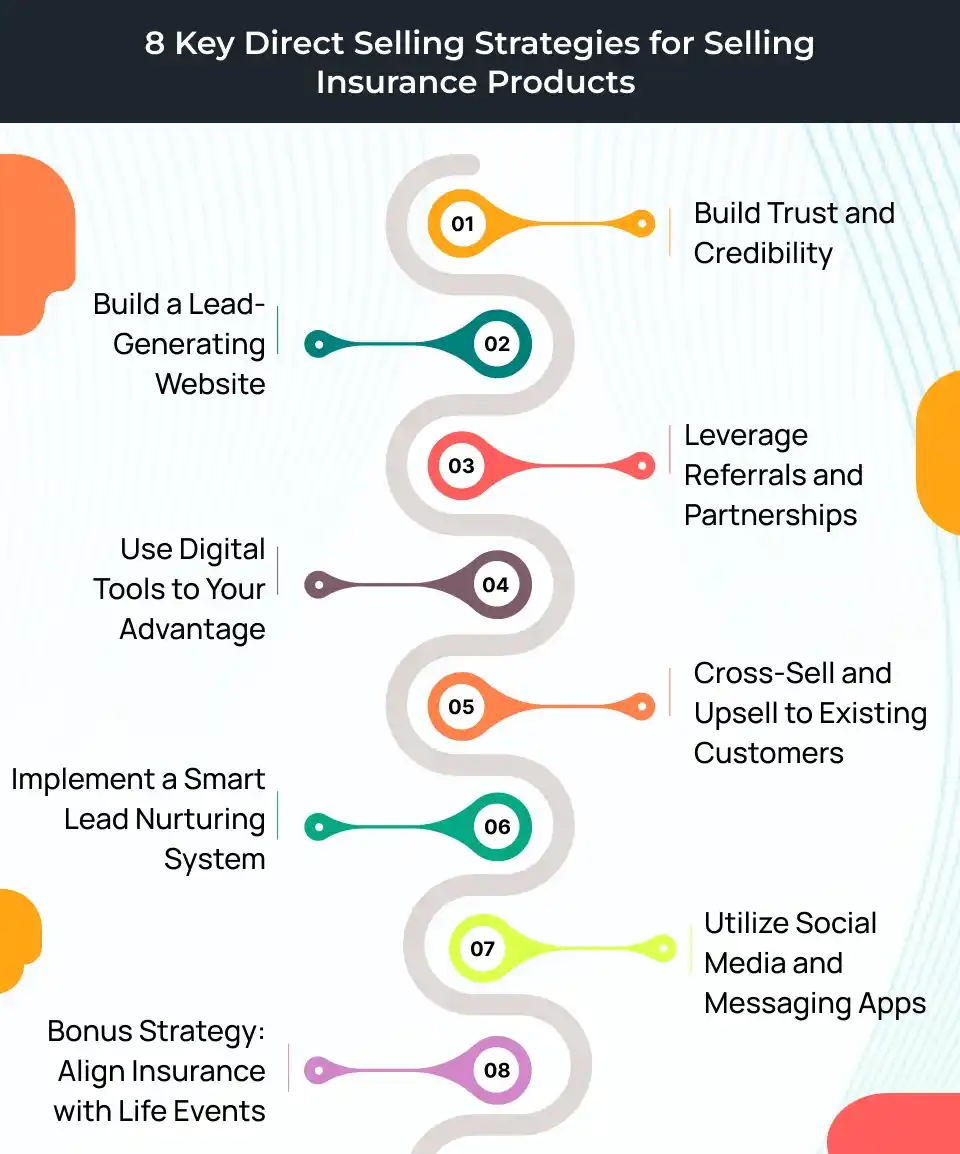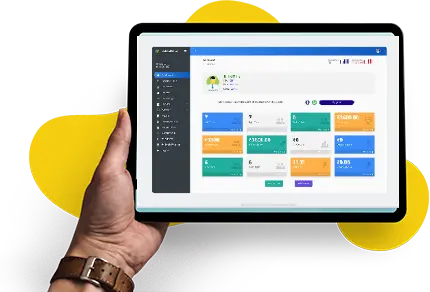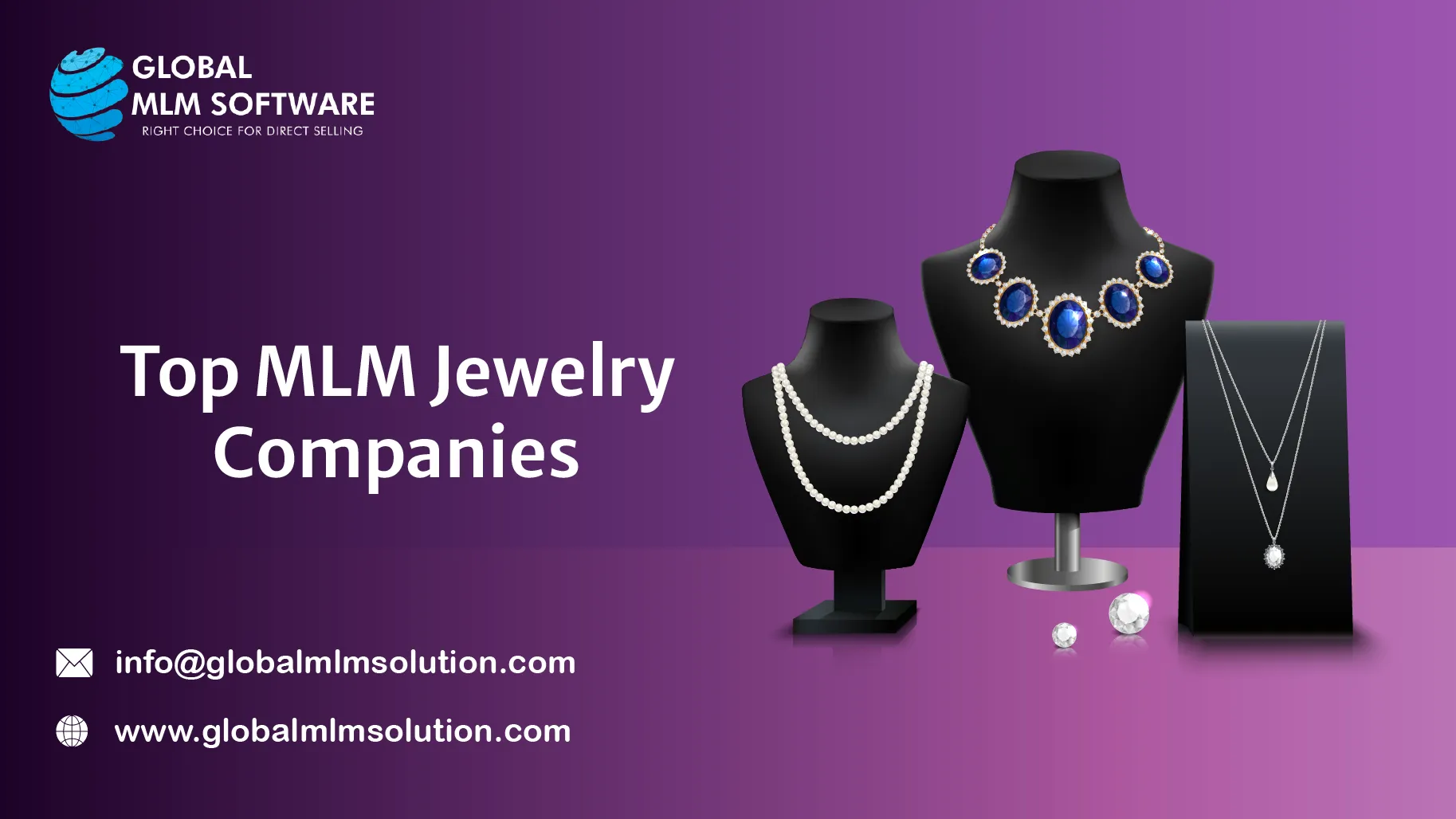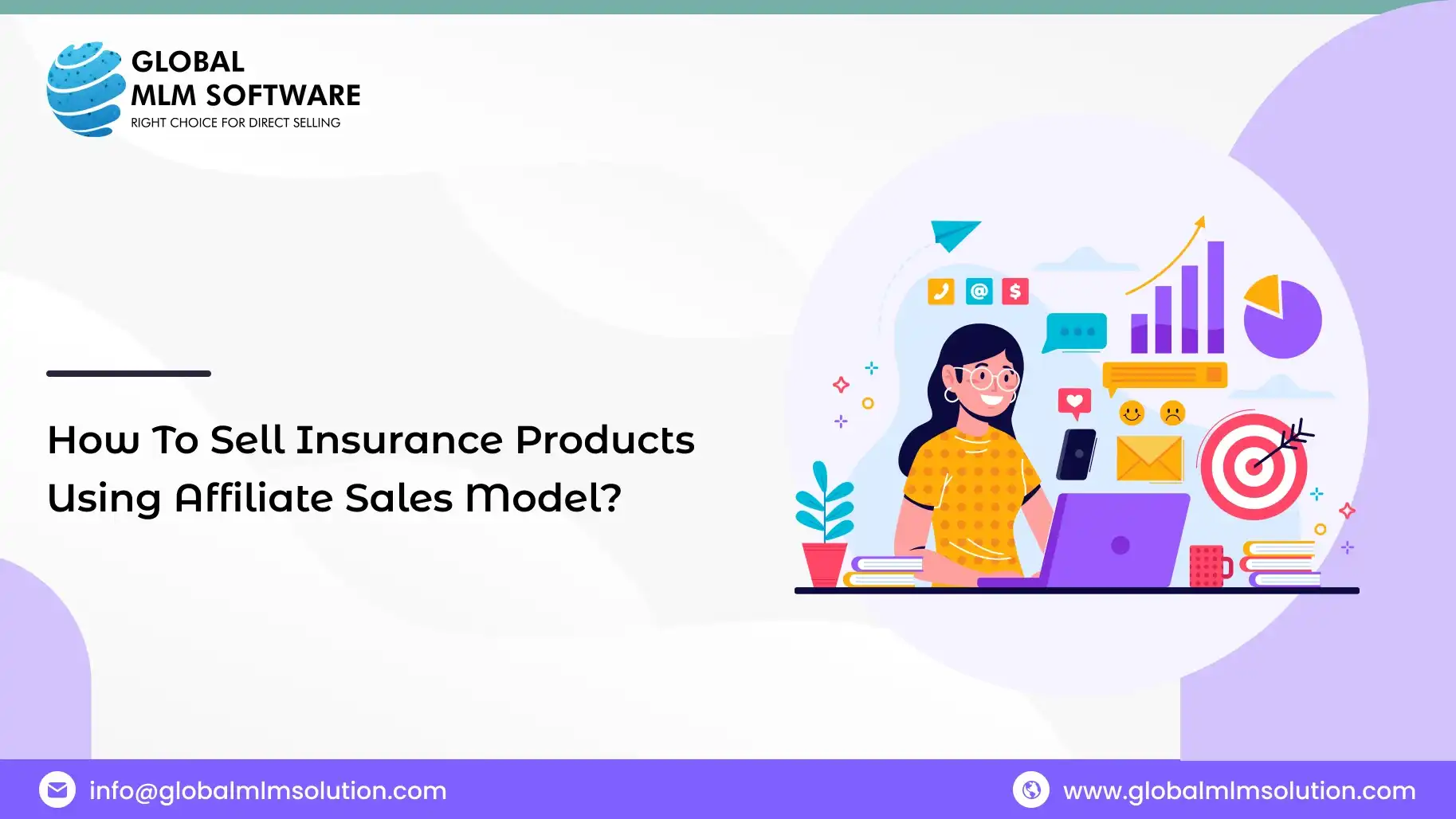The insurance industry is growing fast, expected to reach $8,307 billion by 2025. (Source) Yet, traditional sales methods often feel impersonal and confusing, making it hard to build trust with customers. Direct selling offers a more engaging, personal approach—ideal for MLM professionals.
In this article, we explore how MLM business owners can effectively sell insurance products using direct selling strategies.
This Article Contains:
What is Direct Selling in Insurance
Direct selling in the insurance industry involves selling insurance products directly to customers without traditional intermediaries like brokers, storefronts, or corporate offices. Instead, independent agents or MLM distributors connect with clients through personal relationships, referrals, one-on-one conversations, social media, or digital tools.
Unlike traditional models, which can be slow and impersonal, direct selling builds stronger relationships. It allows for more tailored solutions and simplifies the buying process. As a result, the evolution of direct selling in the digital era has made it even easier to connect with clients and offer personalized service more efficiently.
Let’s take an example of an MLM business to understand it clearly:
Imagine an MLM business owner meeting a new parent at a local event. Through casual conversation, she learns about their concerns and offers a simple explanation of a suitable insurance plan—right from her phone. By guiding the client directly and personally, she builds trust and closes the sale—no middlemen involved.
8 Key Direct Selling Strategies for Selling Insurance Products
In insurance, strategies that focus on relationship-building, personalized consultations, and education-based selling work best. Since trust is key, approaches like consultative selling, referral marketing, and needs-based pitching are highly effective in converting prospects into long-term clients. Here are some of the best direct-selling strategies for insurance policies.

Build Trust and Credibility
As an MLM business owner, selling insurance is about becoming a reliable partner in your client's financial decision. Clients need to feel confident that you're putting their needs first. (Source). Trust grows when you provide clear, honest information, explain policy options in simple terms, and stay in touch even after the sale.
Over time, this builds your reputation and encourages long-term loyalty, which leads to repeat business and valuable word-of-mouth referrals.
To market an insurance product, you should consider the following tips:
Educate clients instead of just selling
Personalize your approach for each client
Be transparent about pricing and policy details
Stay accessible and respond promptly
Follow up regularly after the sale
Collect and act on client feedback
Use testimonials and social proof
Offer ongoing support and annual policy reviews
Pro Tip: Follow the 80/20 listening rule. Let prospects talk 80% of the time, guiding them with thoughtful questions. This builds trust and often leads to self-closed deals.
Build a Lead-Generating Website
One of the top MLM lead generation ideas is through making a lead-generating website. This is your 24/7 digital storefront that helps potential clients discover your offerings and take action, whether it's signing up for a quote, booking a call, or joining your network.
Your website should clearly explain the insurance products you offer, include trust-building elements like testimonials or case studies, and have simple contact or signup forms.
With the right SEO and content strategy, your site can attract organic traffic and turn visitors into qualified leads. This makes it one of the most reliable MLM lead-generation tools available.
Leverage Referrals and Partnerships
It's yet another insurance selling strategy in sales, which is leveraging referrals and partnerships.
As per experts, word-of-mouth is a powerful tool for lead generation, and creating a referral program can simply help you tap into your existing customer base to generate new leads.
When you reward loyal clients for bringing in new customers, you can build a network of potential clients.
Here's what you can do:
Build a simple, clear referral system that encourages existing clients to share your services with friends and family
Offer meaningful incentives—discounts, gift cards, or loyalty bonuses—to make referrals more appealing
Focus on delivering great service so clients naturally feel confident recommending you
Use social proof like testimonials and success stories to encourage more organic sharing
Collaborate with professionals in related fields (like financial advisors or real estate agents) to exchange leads
Before you start selling your insurance products online, it's important to understand the workings of MLM referral programs. Read our new blog: A Guide to MLM Referral Programs (2025).
Pro Tip: Use “client storytelling” to highlight how your insurance products made a difference for others. It helps new prospects see themselves in those scenarios.
Use Digital Tools to Your Advantage
The next smart move is to start using digital tools to manage your sales more efficiently.
Running a team, following up with leads, tracking commissions, and staying connected with clients—all at once—can quickly become overwhelming if you're doing it manually.
That's where Direct Selling Software can make a huge difference. It helps you automate repetitive tasks, manage your downline, track team performance, and keep all client data in one place.
You can set automated follow-ups for policy renewals, send out bulk messages, and even get real-time insights into your team's sales numbers.
In direct selling, leveraging the right tools can make all the difference. Whether you're an independent agent or managing a downline, automation in direct selling helps streamline your workflow, enhance client engagement, and boost sales.
Want to know the type of network marketing tools you can use in direct selling insurance strategies? Read our blog: Top 10 Networking Marketing Tools (2025).
Cross-Sell and Upsell to Existing Customers
Another effective way to grow insurance sales is by finding cross-selling opportunities in your existing customer base. If someone already has a policy with you, chances are they'll be open to other relevant products—like bundling life and health insurance or upgrading to a more comprehensive plan.
In an MLM setup, this approach works at every level. Your downline can apply the same strategy to boost their own results, while your upline may share proven techniques that work.
Sharing insights and tools across the network helps everyone increase sales, improve customer value, and grow faster together.
Pro Tip: Frame bundles like “Family Shield Plan” or “New Parent Protection Package” to make your offer feel like a complete solution.
Wondering how to manage upline and downline relationships in multi-level marketing? Read our latest blog: Upline and Downline in MLM.
Implement a Smart Lead Nurturing System
Did you know that, nearly 79% of the leads don’t convert into sales? This usually happens because there's no clear process in place to guide leads from showing interest to making a decision.
To fix this, build a smart lead nurturing strategy using the following steps:
Follow up regularly – Stay in touch with leads through calls, messages, or emails without being pushy.
Use automation tools – Set up automated email sequences, reminders, and updates to keep leads engaged.
Segment your audience – Group leads based on interests, product type, or stage in the buying journey to personalize your approach.
Share helpful content – Send educational resources that explain insurance products, answer questions, and address concerns.
Track engagement – Monitor which leads are opening emails or responding so you can focus more on high-potential prospects.
With a system like this in place, you can build trust, keep your brand top of mind, and turn more leads into loyal customers.
Utilize Social Media and Messaging Apps
A recent study revealed that 52% of people don't trust insurance providers at all. This presents a major challenge—but for MLM professionals, it's also an opportunity. Social media allows you to break down that barrier and build trust through authentic, one-on-one communication.
Here's how MLMs can use social media and messaging apps in their direct selling strategies:
Humanize your brand – Post real stories, behind-the-scenes content, and client success experiences to show you're approachable and genuine.
Educate with bite-sized content – Use short videos, carousels, or infographics to explain complex insurance concepts simply.
Go live regularly – Host Q&A sessions or live discussions on policy types, benefits, or common misconceptions.
Use messaging apps for follow-ups – Tools like WhatsApp, Telegram, or Messenger can help with quick check-ins, document sharing, or answering queries.
Create platform-specific strategies – Use Instagram for visual storytelling, LinkedIn for professional authority, and Facebook Groups to build community.
Pro Tip: Use emotional selling. Instead of just listing benefits, ask meaningful questions: “What would happen to your kids if you weren’t around tomorrow?” These moments create a real impact.
Bonus Strategy: Align Insurance with Life Events
The best way to market a product for insurance is to align insurance with daily events. Major life changes are your best windows of opportunity to do that. People are more receptive to insurance plans when they’re starting a family, buying a home, or getting married. Hence, your insurance selling strategy should be more personalized.
What to try:
Listen for life updates during casual conversations
Have pre-built bundles like “New Home Safety Plan”
Use timing to your advantage—no pressure, just relevance
Example: A teammate hears a client who just had a baby and offers a friendly “New Parent Protection Plan” to kickstart the life insurance conversation.
FAQs
1. How do I build trust with my insurance clients?
Building trust begins with clear, honest communication. Educate clients on policy details, be transparent about pricing, and stay available for follow-ups. Over time, this will help establish long-term relationships.
2. Can automation replace personal client interactions in MLM?
While automation can handle tasks like lead nurturing and follow-ups, personal interactions are still essential in establishing a good reputation, especially in the insurance industry. Use automation to streamline processes, but always maintain a human touch in key moments.
3. What's the best way to handle objections in insurance sales?
Listen actively to client concerns, empathize with their situation, and even offer solutions tailored to their needs. Address each objection with clear, relevant information and show how your policies can benefit them in the long term.
Disclaimer: Global MLM Software does not endorse any companies or products mentioned in this article. The content is derived from publicly available resources and does not favor any specific organizations, individuals or products.







Conclusion
In summary, successful direct selling strategies in the insurance industry require a blend of relationship-building, personalization, and leveraging digital tools. By using direct selling strategies such as building trust, effective lead generation, leveraging referrals, and utilizing automation, an MLM business can optimize its insurance sales process.
Remember, taking a customer-first, value-driven approach is key in the world of direct selling. By leveraging Global MLM Software, businesses can streamline operations, personalize user experiences, and build lasting relationships with their network. Delivering value at every stage not only helps you stand out in a competitive market but also fosters long-term loyalty and sustainable growth.